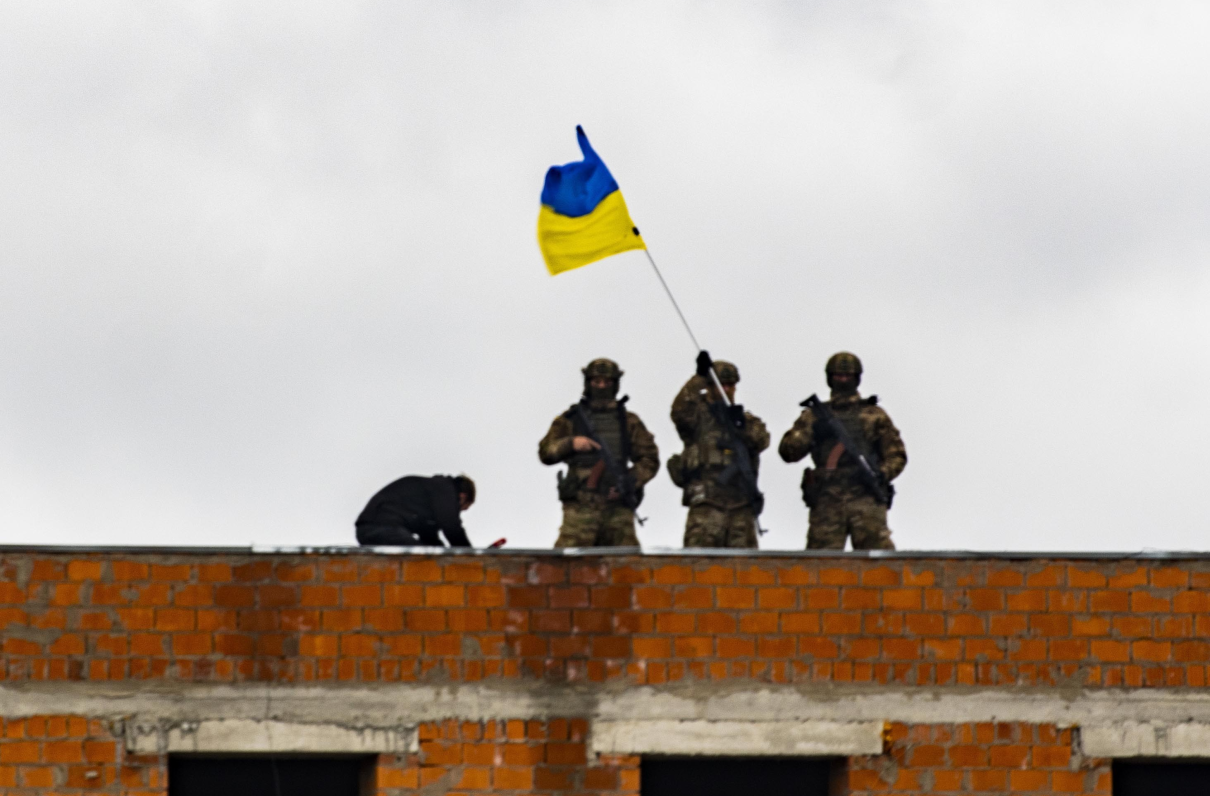The war in Ukraine continues generating lessons on many fronts. When the dust settles, those lessons will be even more plentiful – the stuff of white papers and history books for coming generations.
But while many thought leaders focus on the geopolitical fallout, or on the tactical blow-by-blow, some overlook an obvious lesson – the basic need to support those in uniform. And not just with modern weapons or patriotic trappings: With concrete benefits honoring their service.
The extended fighting has shown the hollow force of the invaders. As the Russians seek to salvage an ill-conceived, botched operation, they’re beginning to recruit in prisons. They’ve mobilized their reserves – reportedly a few thousand trained fighters and a force of conscripts with varying degrees of training … or interest in answering the call to service.
The U.S. military’s all-volunteer force, complete with well-trained reserve component, stands in direct contrast to these efforts. But there are less-than-subtle cracks in that infrastructure: The National Guard is barely a year from its largest mobilization since World War II, while the Army faces an alarming recruiting shortfall – and it’s far from alone.
[RELATED: Army Ended Fiscal Year Short Almost 20,000 Soldiers, Top General Says]
Protecting the all-volunteer force is critical to our national security. And while modernized, targeted recruiting efforts are essential to that force, so is ensuring those already in uniform receive the benefits they’ve earned. That requires funding, which is what makes reports like this one from the Center for Strategic and International Studies (CSIS) in 2021 so frustrating to military advocates.
In it, CSIS suggests the services should cut the personnel budget to fund modernization efforts. High personnel costs, the report states, “may limit resources for Department of Defense (DoD) modernization initiatives and could threaten the long-term sustainability of the force.”
MOAA outlined some of the grossly misleading aspects of that report when it first came out. The recruiting crisis has only worsened in the months since, and the assertion that we spend too much on servicemembers becomes even more tone deaf as Congress looks to address food insecurity for young military families – highlighted by increased demand for food pantries.
[FROM MOAA'S PRESIDENT: Your Voice Is Needed Now to Address Critical Issues]
Previous attempts at faster, cheaper solutions to provide for the all-volunteer force have met with disaster. The 25-year-old Military Housing Privatization Initiative (MHPI), for instance, looked to achieve cost savings while modernizing old military housing and constructing new facilities. Instead, the “partnership” prevented DoD and Congress from taking unilateral action, and servicemembers’ trust in the chain of command eroded as complaints went unacted upon.
Families were forced to turn to the media. “Mold in military housing” became a go-to headline. Only after persistent scandals did Congress encourage the private partners to implement a long-overdue tenant “Bill of Rights.” And recent reports show the services’ troubles providing the basic benefit of safe, healthy housing isn’t limited to privatized homes.
Military families, a key source of the future force, are well aware of these red flags, and it shows. As DoD fights the private sector to recruit the 23% of 17-to-24 year-olds who are physically and mentally qualified for service, we must resist further cuts to compensation, or the push to allow quality of life programs to atrophy.
If lawmakers and analysts won’t look at these domestic issues as they consider future personnel funding, let’s hope they’ll take Russia’s predicament as a cautionary tale – one that shows the endgame of a modernized, yet unsupported, military force.
More Members Mean More Influence Over Retirement Pay, Health Care, and Family Programs
Get involved and make sure your interests are addressed. Because the larger our voice is, the greater our impact will be.

